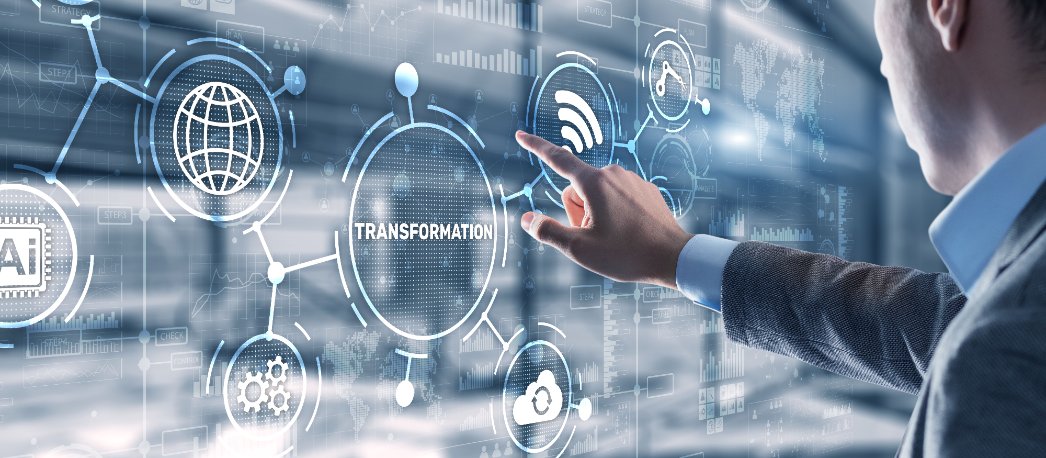By: Editorial Staff, Date: April 17th, 2023
The ascendance of artificial intelligence (AI) related technologies continues to reflect in patent filing trends. While there are many challenges associated with AI patenting, there are also many opportunities for innovation and growth. As the field continues to evolve, staying updated is vital for regulators, patent offices, and inventors.
Keep on reading to discover the key issues surrounding AI patenting.

Patentability of AI Inventions
The first issue to consider is whether AI inventions are patentable. In general, patent law allows for the patenting of any new and useful AI inventions and it must meet the standard requirements for patentability. This means that they must be novel, non-obvious, and useful. In addition, they must be sufficiently described in the patent application so that someone skilled in the relevant field can understand and reproduce the invention.
There is an ongoing debate about the extent to which AI can be considered an inventor or a co-inventor on a patent. Some argue that AI systems are capable of generating novel and non-obvious ideas, and therefore should be given inventorship rights. Others argue that only human beings can be inventors and that AI systems should be considered tools used by human inventors. This is an issue that is likely to be the subject of ongoing discussion and debate in the years to come.
Patent Infringement and AI
Another issue to consider is the potential for AI to infringe on existing patents. With the rapid development of AI technology, it is becoming increasingly difficult to determine whether a particular AI system is infringing on someone else’s patent. For example, if a company develops an AI system that uses a patented algorithm, it may not be immediately clear whether the system is infringing on the patent. This is because the AI system may be using the algorithm in a way that is different from how it was used in the original patent, or it may be using a modified version of the algorithm that falls outside the scope of the patent.
The Role of Regulation in AI Patenting
There are growing calls for more specific regulations to be developed to address the unique challenges posed by AI. For example, some have suggested that there should be specific regulations around AI inventorship and patent infringement, as well as regulations around the use of AI to assist with patent analysis and prosecution. Moreover, there are broader questions about the impact of AI on society that may also need to be addressed through regulation.
Staying updated with the AI patent regulation is essential for protecting your intellectual property, avoiding legal issues, capitalizing on new opportunities, and collaborating effectively with other organizations.
Interested in learning more? Join our webinar: Exploring the AI Patent Landscape: Emerging Top Trends and Shifts to Watch For
Upcoming Webcasts
Building an Efficient Data Modernization Strategy: What You Must Know and Do
In this LIVE Webcast, a panel of thought leaders and professionals brought together by The Knowledge Group will provide and present an in-depth analysis of the fundamentals as well as recent developments in Building Efficient Data Modernization Strategy: What You Must Know and Do. Speakers will also present all important issues surrounding this significant topic. Join us for this Knowledge Group Webinar!


